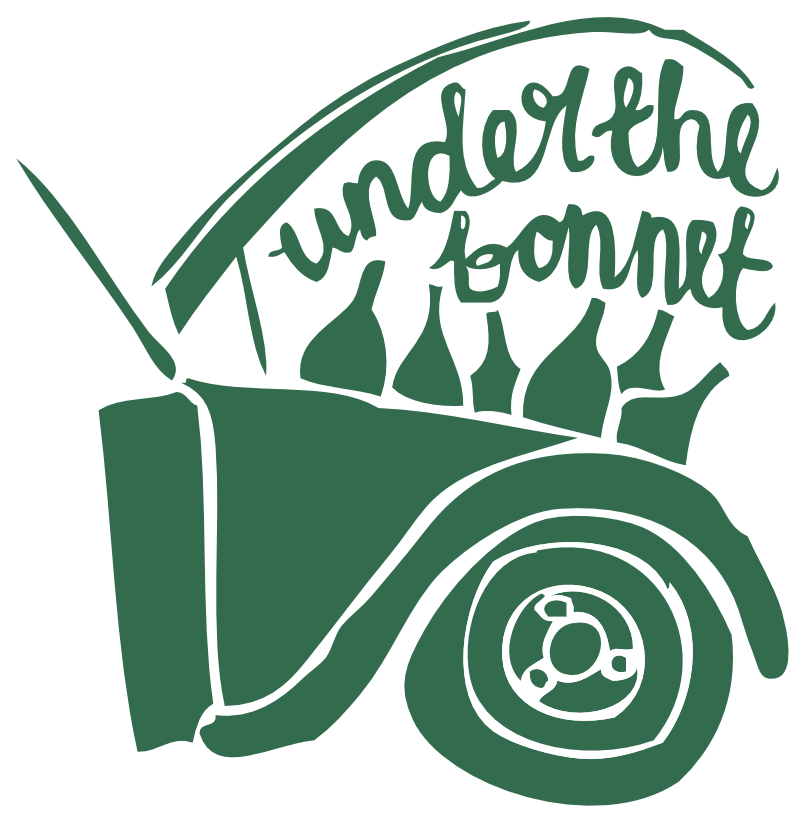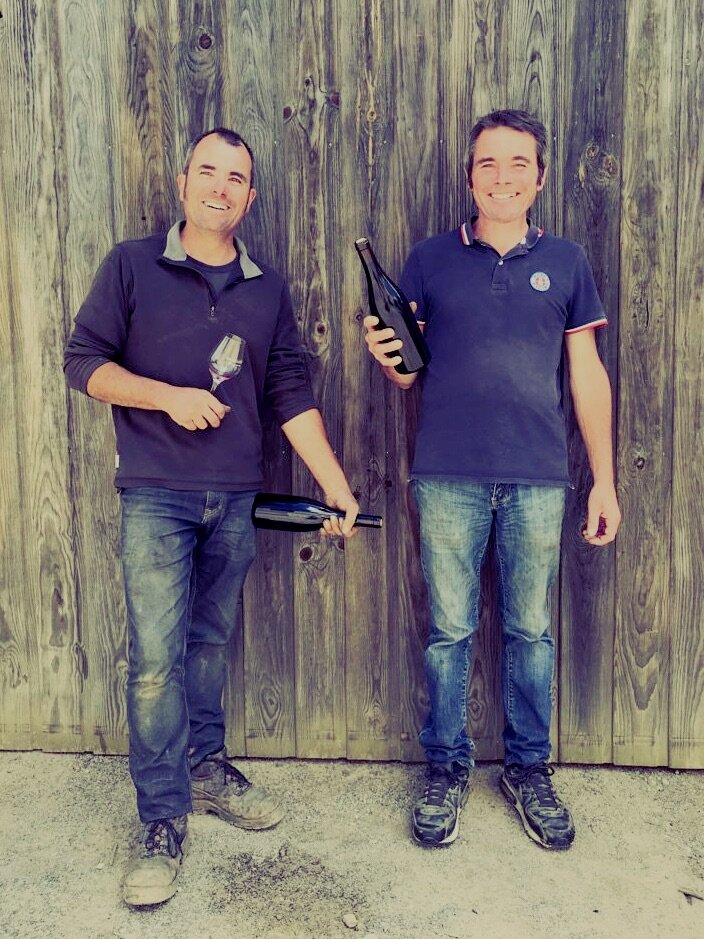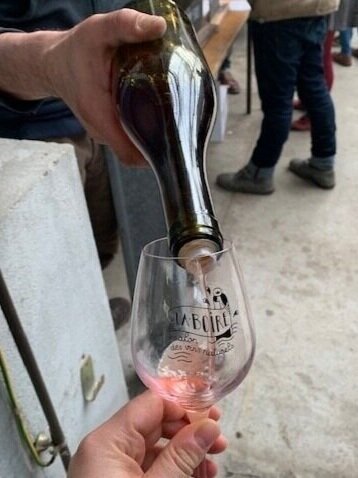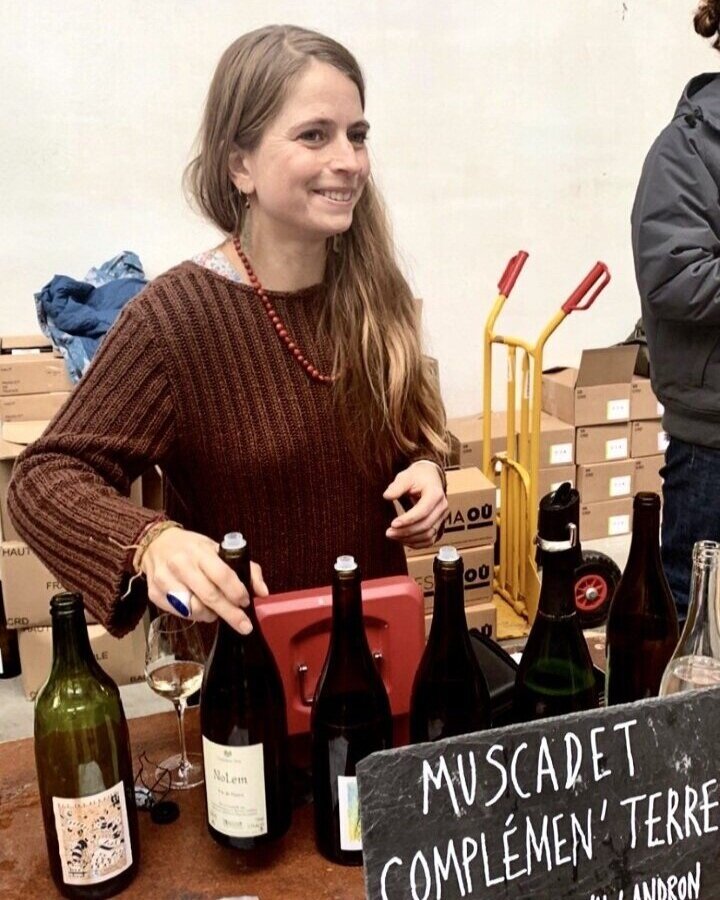Les Chants Jumeaux - Mathieu L’Hotelier
France, Loire, Nantes
Making wine in an isolated shed with a loose-straw floor (or a borrowed beach on occasion) Mathieu L’Hotelier has a singular approach that yields wild, delicious results. One of our favourite characters in the Loire, he certainly keeps us on our toes.
After a little rest we are releasing two new cuvees from his 2019 vintage, a field blend and a Chenin Blanc.
Originally from Brittany, Mathieu worked with Marc Pesnot in Saint-Julien-de-Concelles for 4 years before heading east up the river to the village of Montrelais to strike out on his own in 2012. Montrelais used to have 300 hectares of vines planted, and now the village has 2.5. Matt farms most of them, treated with local plants: nettle, comfrey, horsetail and willow.
He chose the region as he wanted his wines to channel the energy of the sea, a sense of being back home. It was his salty, sea-kissed Chenin we first fell in love with in the early days of Under The Bonnet.
Matt is embedded in Nantes’ experimental music community, and his twin passions overlap pretty regularly. On our first visit to see Mathieu in 2015 his tiny winery was illuminated with strings of flashing lights, fibreglass tanks wrapped in foil, and an endless loop of stuttering electronics ‘singing to the wines’ from a rigged amplifier in the corner.
A return visit saw us given a tour of musician/sculptor Pierre Gordeeff’s ‘Built From Scratch Apparatus’ that had been constructed in one of the sheds at Mathieu’s old squat. An intricately tangled mass of cables and mechanised found-objects, capable of absolute cacophony, or more musical rhythms.
Mathieu makes wine like this musique-concrete he loves: he takes what he’s given, works in the moment, improvises based on a combination of intuition and knowledge, and when pressed for information on his processes is a little bewildered as to why anyone would want to know how he got there. ‘The wine speaks for itself’
Recent vintages though have not been kind to Mathieu, with some vintages wiped out by frost, hail, or problems in the cellar. We’re thrilled then that 2019 saw an upturn in luck for Matt, and he’s been able to produce good quantities from a beautiful vintage, confident this year to bottle without any sulphur, as he would always prefer.
Rouge 2019 is a blend of 7 varieties, Gamay is de-stemmed and macerated for 3 weeks, while the rest of the blend (Grolleau, Cab Franc, his hybrid varietals) undergo between 3 days to 3 weeks of whole bunch maceration depending on the varietal- Matt couldn’t pin down which. He presses the reds, and tops up the juice with a fresh harvest of Chenin, and allows it to continue fermentation in fibreglass for 6 months. Bottled in June 2020.
The 2019 Chenin has one of Mathieu’s signature soft, manual fourteen hour presses. It’s a technique he learnt with his friend JC Garnier, extracting the juice gently and adding a hint of that honeyed, toasty oxidative quality to the wine. Aged simply in fibreglass, before bottling in June 2020.
For wholesale price lists please email hello@winesutb.com
Pierre Gordeeff’s ‘Built From Scratch Apparatus’















